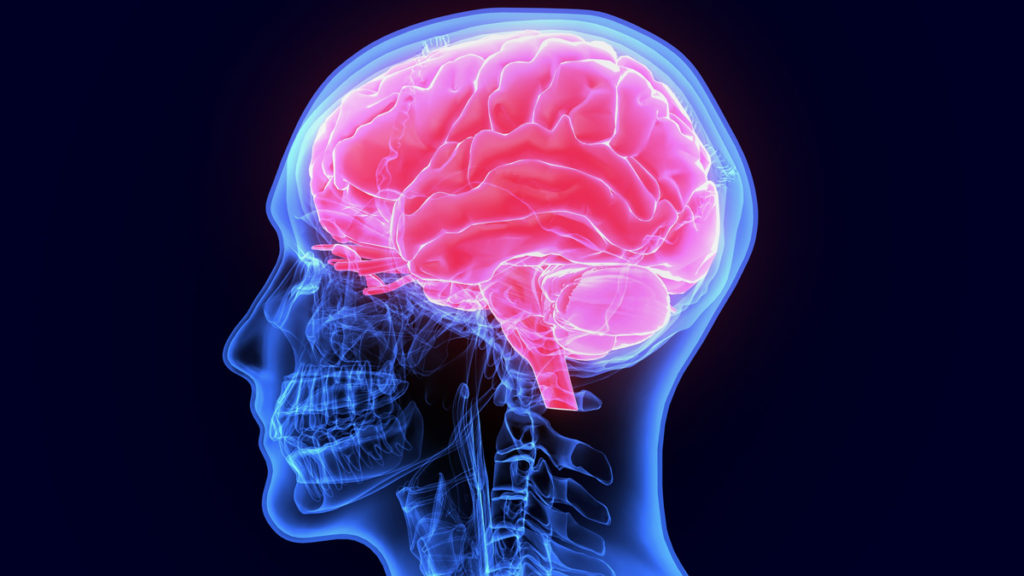Alcohol and Mental Health

Often disregarded as related, alcohol and mental health are neglected subjects. Yet, despite it being a mind-altering drug, alcohol is the prime motivator of human culture and the most widely accepted drug amongst society. Therefore, making it the most dangerous drug available to us. But when you explore further, alcohol facts and statistics on mental health are frightening.
Alcohol is accountable for up to 41% of suicides, and 23% of people who engage in self-harm are alcohol dependent.
Effects of Alcohol on the Brain
Drinking in small amounts usually produces euphoria— a state of pleasure and excitement, an intense feeling of happiness and well-being. Yet, extreme mood changes, depression, irritability, and nervousness are all associated with large amounts of alcohol consumption.
Alcohol affects numerous neurological pathways causing critical changes in the brain. It acts to lower brain function, “like an anesthetic,” Dr. Banerjee of Loughborough University explains. In addition, extended alcohol abuse causes cognitive changes. The severity of these changes varies depending upon the amount of alcohol consumed, how long it was used, and the individual’s vulnerability to psychological conditions.
Can Alcohol Cause Mental Health Problems?
Psychiatric complaints are the most common reason alcoholics seek treatment.
Heavy drinking directly affects brain function and changes multiple brain chemicals, most commonly responsible for developing mental disorders and anxiety disorders. For that reason, it’s no surprise that alcohol can manifest into a wide variety of psychiatric conditions.
How Does Alcohol Affect Your Mental Health?
Drinking disinhibits behavior, causing feelings of liberation and relaxation. Also, low alcohol blood concentrations usually encourage socializing and good spirits. As a result, it could be appropriate, even beneficial, to drink on certain occasions. Contrarily though, prolonged alcohol use leads to biological changes in the brain. Physical dependence and tolerance begin to develop, sustaining the brain’s compulsive behaviors. These changes empower the inability to quit drinking.
Alcohol is a potent mind-altering drug. It strengthens its effects on the mind by causing significant changes in the brain’s neurological pathways. These pathways control behavior, memory, motivation, appetite, sleep, mood regulation, and more. As a direct result of these brain effects, heavy alcohol use produces psychiatric symptoms and signs.
After heavy, long-term alcohol use, psychological conditions can occur during intoxication and much the same without alcohol, although they are likely to improve with continued abstinence.

What Happens to Your Brain if You Drink Alcohol Every Day?
When our brains sense something is awarding it pleasure, it alerts our brain’s reward pathways. It’s the brain’s “reward circuit,” and alcohol floods it with feelings of happiness. Our brain’s reward pathways are seldomly under our voluntary control, causing our brain chemistry to change, motivating us to want more of that activity.
Alcohol interacts with several neurotransmitter systems in our brain. But, more importantly, the brain’s reward and stress circuits, resulting in reinforcing effects of chasing that pleasure again.
Over time, the individual craves more and more alcohol to reach that same rewarding pleasure. So, they start drinking more, reaching a point where brain chemistry has changed to depend on alcohol. It simply can’t function without it. As a result, their brain’s neurobiology has permanently changed.
What may have started as a recreational way to have fun could turn into a developed addiction. The early stages of drinking are primarily inspired by alcohol’s induced euphoria. Still, as it continues to cause effects in the brain, it could motivate any individual to transform from a drinker to an alcoholic.
Alcohol and Anxiety
Alcoholics are 2-4 times more likely to have a co-existing anxiety disorder. Yet, in general, anxiety disorders don’t seem to have higher rates in individuals with alcoholism. However, specific anxiety disorders have an increased correlation with alcohol addiction, such as panic disorder, social phobia, and PTSD.
Doctors emphasize the importance of distinguishing the difference between alcohol induced anxiety from an independent anxiety disorder. Alcohol induced anxiety usually lasts for days and up to several weeks, tends to happen after alcohol withdrawal, and can be treated with abstinence and other supportive therapies.
Drinking and Depression
Alcohol induced mood disorders are responsible for 60% of alcoholics experiencing a major depressive episode. Thus, individuals struggling with alcoholism are at extremely high risk for depression, or major depressive disorder, the most common disorder for alcoholics.
The serotonin pathways of the brain are one of the many neurotransmitters that alcohol addiction affects. Serotonin is responsible for various brain processes, such as mood, sleep, body temperature, appetite, and pain. Issues with your serotonin pathway can cause depression and obsessive-compulsive disorder. Drugs used to treat depressive disorders aim at increasing serotonin levels in the brain.

Does Alcohol Cause Brain Damage?
Individuals who drink in large amounts for a long time undergo the risk of developing severe brain changes. Brain damage could be a direct consequence of alcohol consumption, poor health, or severe liver disease.
Wernicke Korsakoff Syndrome
Wernicke Korsakoff syndrome is a condition caused by a deficiency of thiamine, also known as vitamin B1. Thiamine deficiency is a common problem in individuals with alcoholism because of poor nutrition. The brain and all other tissues in the body need thiamine as an essential nutrient. However, up to 80% of alcoholics have a thiamine deficiency.
Wernicke encephalopathy and Korsakoff syndrome make up Wernicke Korsakoff, a combination of two syndromes. Wernicke encephalopathy causes mental confusion, paralysis of the ocular muscles, and challenges with muscle coordination. For instance, patients with Wernicke encephalopathy may be too confused to find the bathroom or may not even be able to walk. Korsakoff syndrome includes psychosis and memory problems. As a result, individuals become absent-minded, quickly agitated, and have trouble learning new information. In addition, their short-term memory is practically non-existent— forgetting something they were told an hour ago.
Never Detox Alone
Long-term alcohol abuse causes physical dependence, making quitting dangerous. Alcohol withdrawal can be life-threatening. If you or a loved one are struggling with alcoholism, Northridge Addiction Treatment Center is eager to help. Our medical detox program has around-the-clock medical care to keep you safe and comfortable during the most challenging time of your recovery. Reach out to find out more about our medical detox and residential treatment programs.
Find Meaningful Recovery
Our caring and compassionate specialists are eager to help you comfortably navigate this journey to recovery. Our individualized treatment plan, programs, and therapies may be a perfect match for you or your loved one. Let us assist you in living the happy life you deserve. It starts with a phone call.




